“Decoding Digestion: Key Ingredients to Halt Poop Eating Habits”
Induction to what to put in dog food to stop eating poop :
Have you ever found yourself perplexed by your furry friend’s seemingly inexplicable habit of dining on their own waste? Fear not, for you’re not alone in the quest to decode this curious canine behavior. “What to put in dog food to stop eating poop” is a question that echoes through the corridors of countless pet households, a testament to the shared experience of pet owners worldwide.
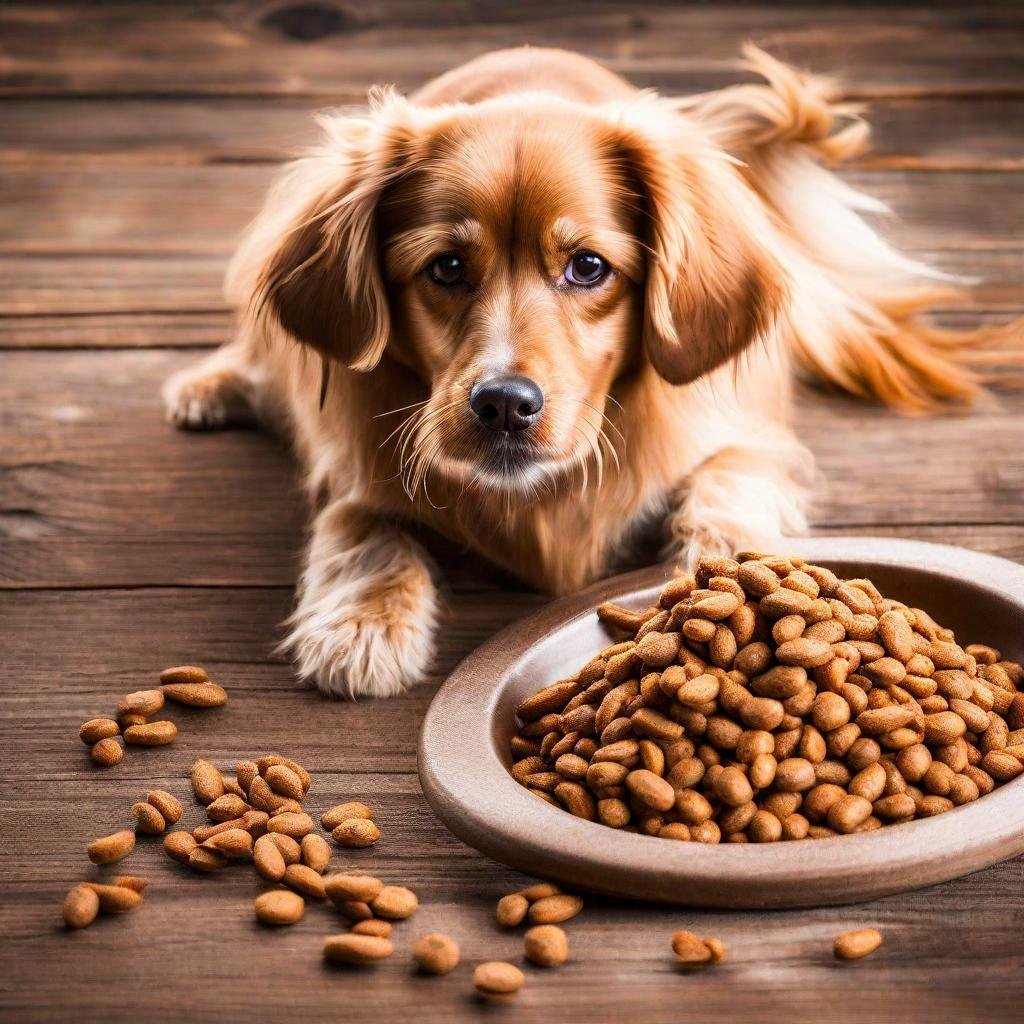
Table of Contents
Picture this: you’re enjoying a leisurely stroll with your beloved canine companion when suddenly, they veer off the path, nose to the ground, in hot pursuit of an unmentionable delicacy. As disconcerting as it may be, rest assured, this behavior is not uncommon among our four-legged friends.
In this enlightening journey into the realm of pet nutrition and behavior, we’ll embark on a quest to demystify the enigma of coprophagia—the scientific term for poop-eating—and uncover the secrets to curbing this unappetizing habit. Together, we’ll explore the intricacies of canine digestion, unravel the mysteries of nutritional balance, and unveil the power of carefully curated ingredients in transforming your dog’s diet from fecal feasts to culinary delights.
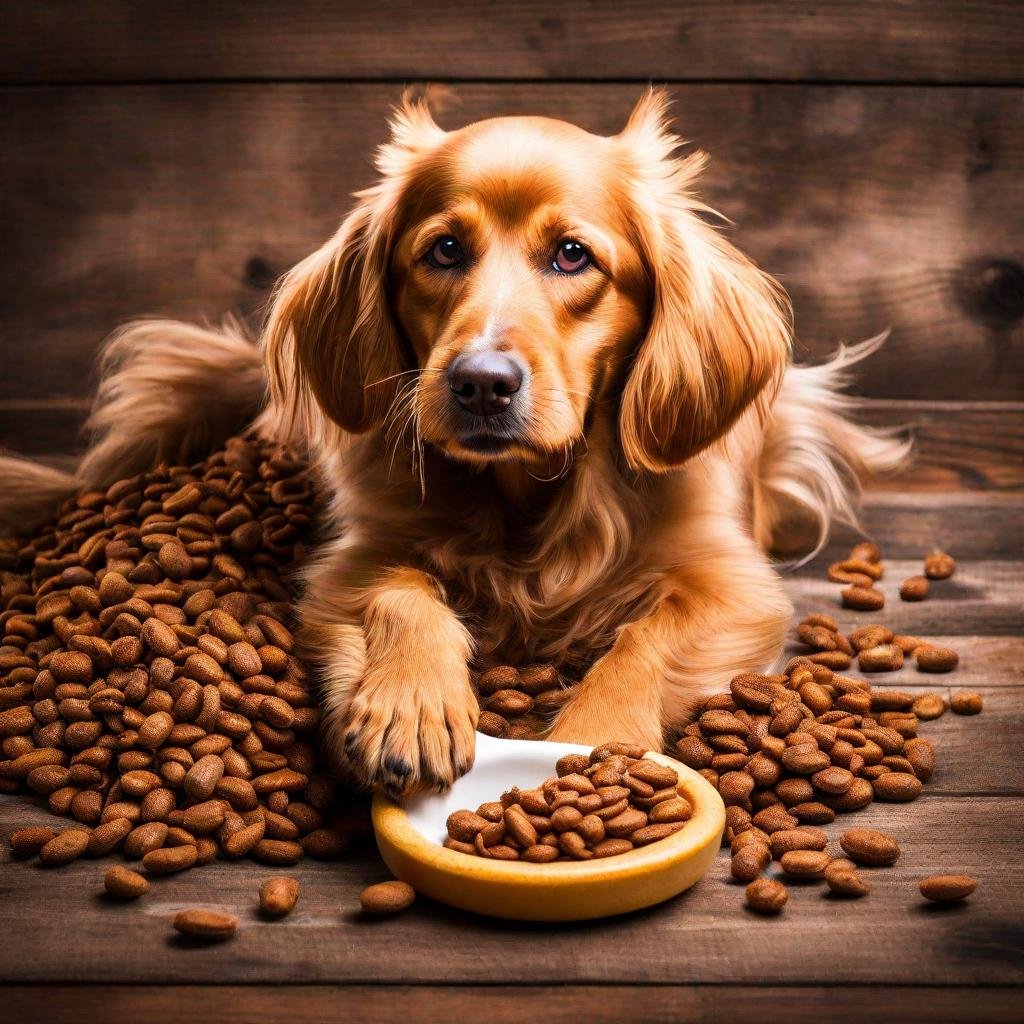
So, leash up your curiosity, and join us as we embark on a voyage of discovery, where the pursuit of answers meets the promise of healthier, happier tails wagging at the end of the day. Let’s delve deep into the world of dog food alchemy and discover what it truly takes to put an end to poop-eating once and for al
## 1 of 7 ## Understanding the Behaviour :
Ah, the curious case of coprophagia—the habit of dogs indulging in their own or others’ feces. Before we dive into the culinary concoctions that may deter this peculiar behavior, let’s unpack the motivations behind it.
Picture your canine companion, nose to the ground, investigating the world with an insatiable curiosity. For dogs, exploring their surroundings often involves the olfactory examination of anything and everything, including fecal matter. While it may seem revolting to us, to dogs, it’s simply another aspect of their sensory exploration.
Coprophagia can stem from a myriad of reasons. From nutritional deficiencies to behavioral quirks, dogs may engage in this behavior for various purposes. Sometimes, it’s a matter of instinct—trace remnants of undigested nutrients in feces may trigger an ancestral drive to scavenge and supplement their diet.
In other instances, coprophagia may arise from boredom, stress, or even attention-seeking behavior. For some dogs, the act of consuming feces becomes a habitual pastime, a seemingly innocuous indulgence that puzzles and perplexes pet owners alike.
As we unravel the complexities of coprophagia, we’ll explore the multifaceted nature of this behavior and uncover the keys to fostering healthier habits in our furry companions
## 2 of 7 ## Heading Concerns :
“Dining Dilemma: Unveiling the Concerns of Dogs Eating Poop”
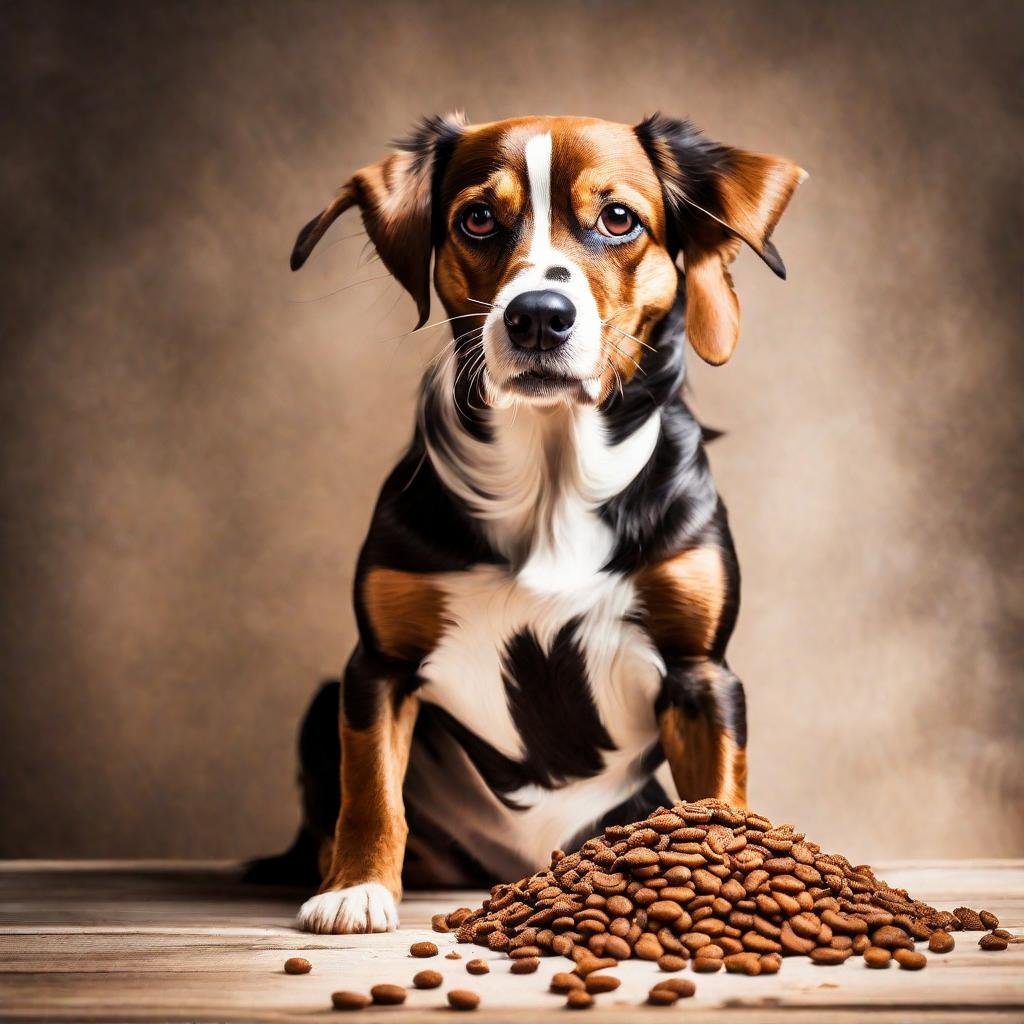
As pet owners, witnessing our furry friends indulge in fecal feasts can evoke a myriad of concerns and questions. What compels them to engage in such unsavory behavior? More importantly, what are the potential repercussions for their health and well-being?
The act of coprophagia—dogs consuming their own or other animals’ feces—presents a host of health concerns that cannot be overlooked. Beyond the initial shock and disgust, there’s a genuine worry about the implications of this behavior on our pets’ overall health.
From the transmission of parasites and bacteria to the risk of gastrointestinal distress, coprophagia poses a significant threat to our dogs’ well-being. Parasites like roundworms and hookworms can easily find their way into a dog’s system through contaminated feces, leading to a range of health complications if left unchecked.
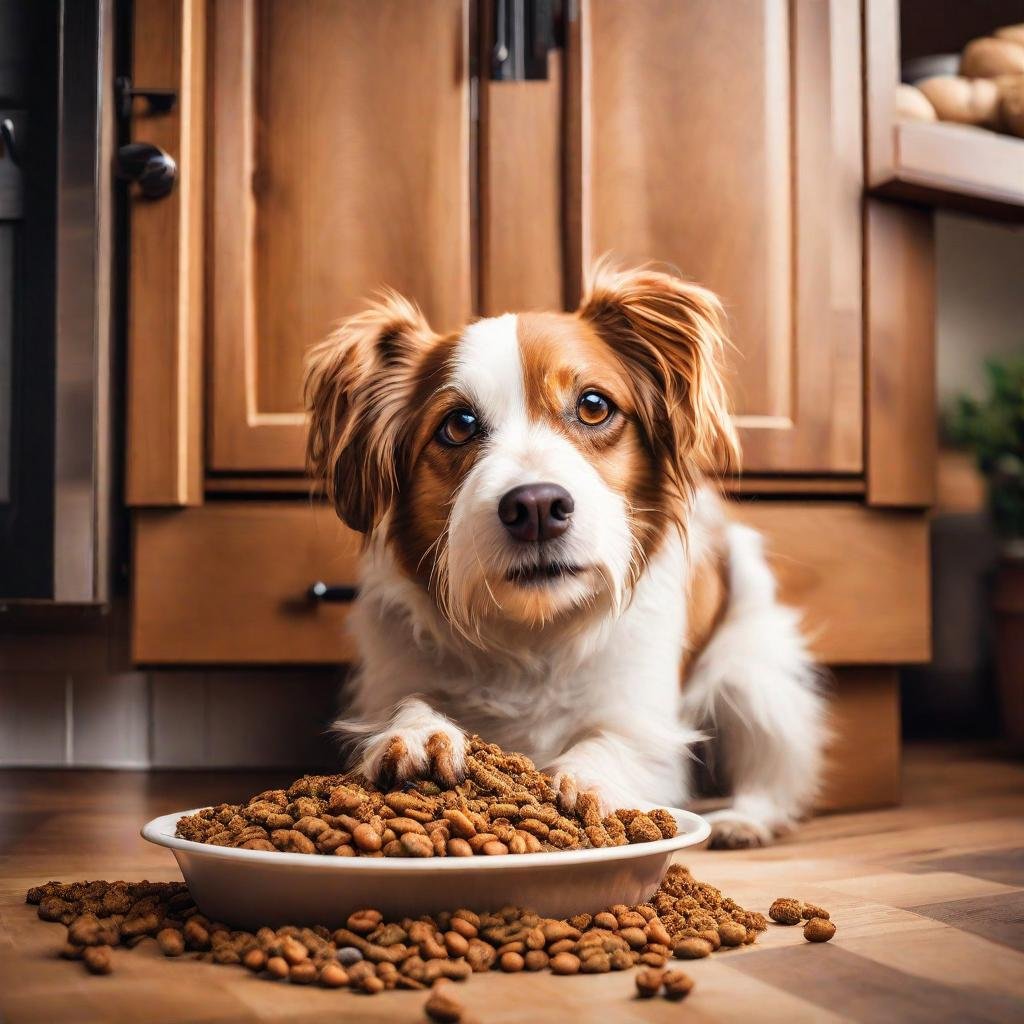
Moreover, the ingestion of feces can disrupt the delicate balance of a dog’s digestive system, potentially causing discomfort, diarrhea, and nutrient malabsorption. As responsible pet owners, it’s crucial to address these concerns head-on and explore effective strategies for mitigating the risks associated with coprophagia.
Join us as we delve deeper into the realm of canine health and behavior, unraveling the complexities of coprophagia and seeking solutions to safeguard our furry companions from harm.
## 3 of 7 ## Quality Ingredients in Dog Food :
“Nourishing Nibbles: Unveiling the Magic of Quality Ingredients in Dog Food”
Behind every wagging tail and boundless energy lies a diet rich in quality ingredients—a cornerstone of canine health and vitality. As pet parents, we’re entrusted with the crucial task of selecting nourishment that not only satisfies our furry companions’ appetites but also fuels their well-being from nose to tail.
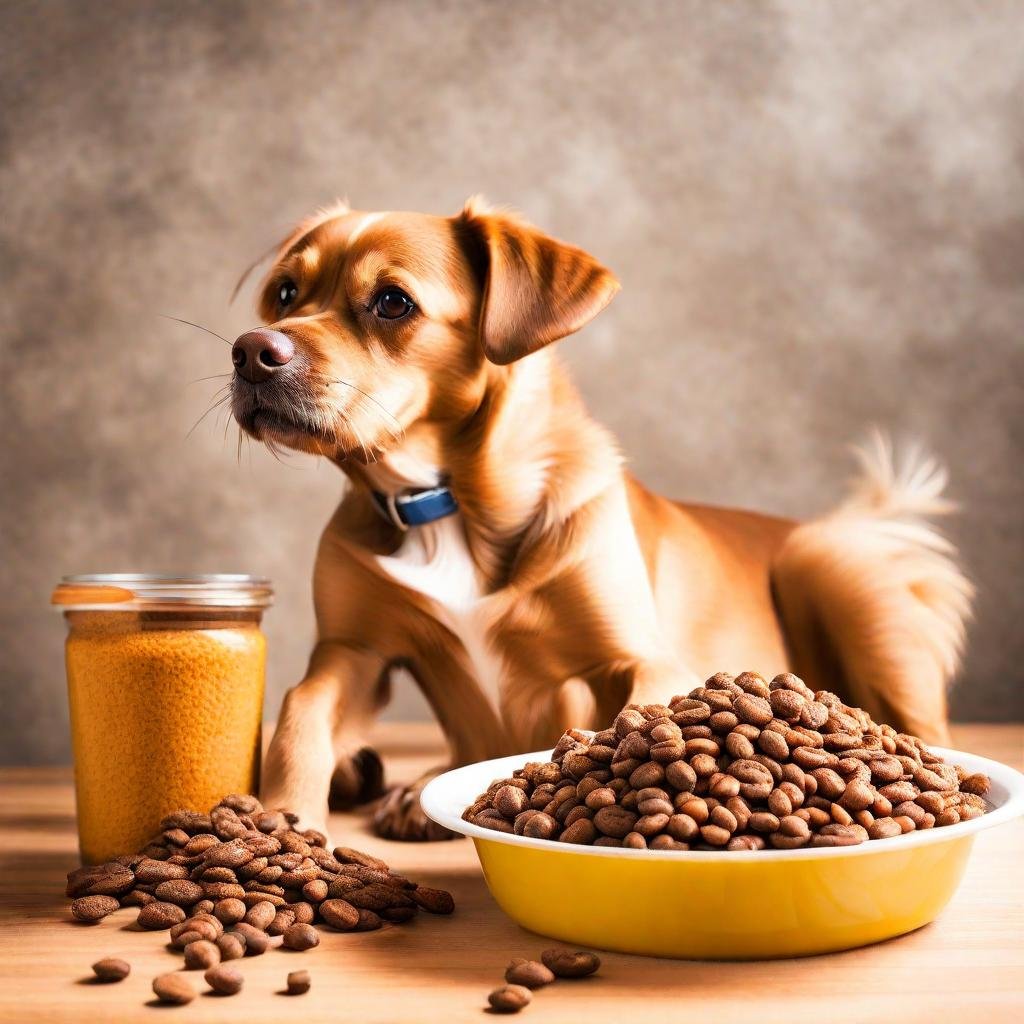
When it comes to crafting the perfect bowl for our canine friends, the importance of quality ingredients cannot be overstated. From premium proteins like lean meats and fish to wholesome grains and vibrant vegetables, the building blocks of a nutritious diet pave the way for optimal health and longevity.
But what sets apart a mediocre meal from a masterpiece? It all boils down to the quality of the ingredients nestled within the kibble or canned goodness. Opting for dog food formulations crafted with care and attention to detail ensures that every mouthful is bursting with essential nutrients, vitamins, and minerals—fueling your pet’s boundless adventures and exuberant spirit.
Join us as we embark on a culinary exploration of canine nutrition, unraveling the mysteries of ingredient labels and discovering the transformative power of quality fare in nourishing our beloved companions from the inside out
## 4 of 7 ## Natural Remedies and Supplements :
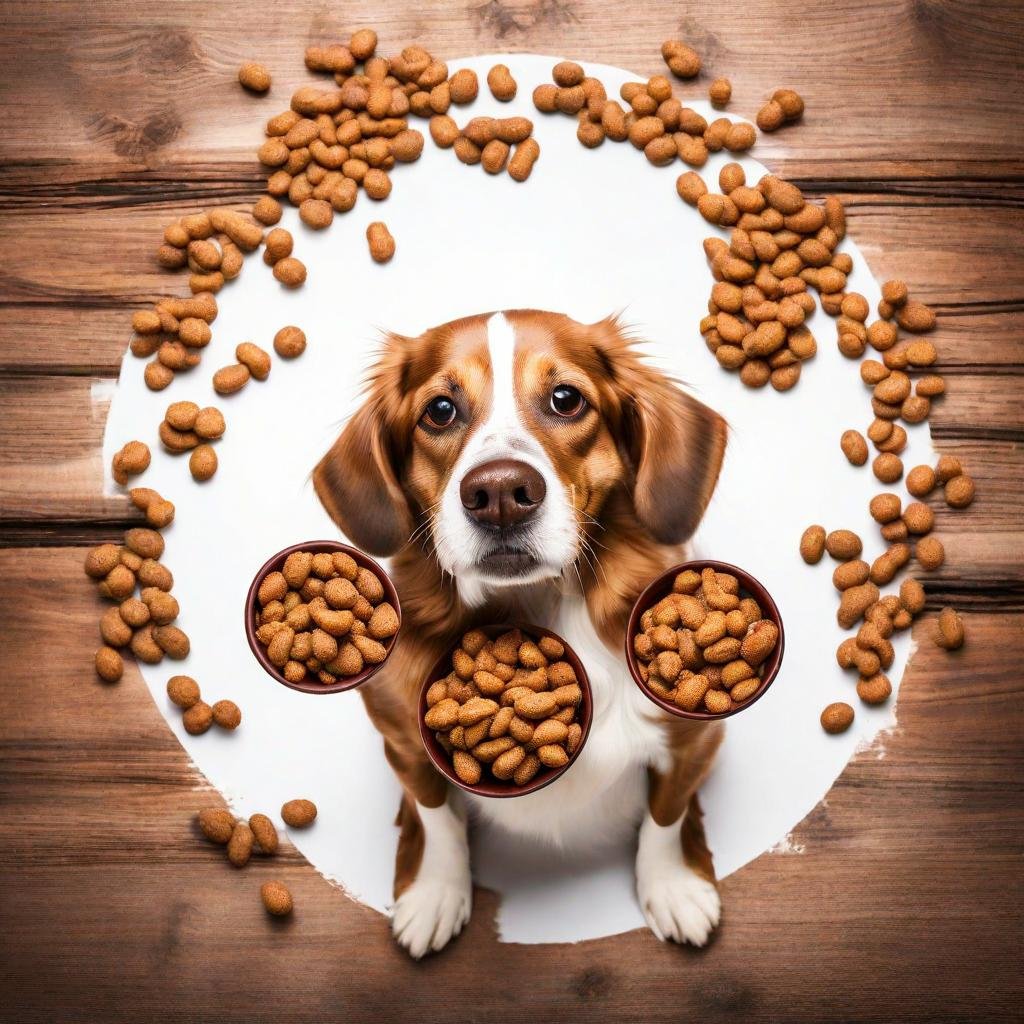
“Nature’s Arsenal: Harnessing the Power of What to Put in Dog Food to Stop Eating Poop”
In the quest to curb the curious habit of poop consumption, nature offers a treasure trove of remedies and supplements, each holding the promise of a happier, healthier pup. As pet parents, we’re often on the lookout for gentle yet effective solutions to address our furry friends’ peculiar behaviors—and when it comes to combating coprophagia, Mother Nature has plenty to offer.
From the humble pumpkin to the tangy sweetness of pineapple, certain natural remedies and supplements have garnered attention for their potential to deter poop eating habits in dogs. These ingredients, when incorporated thoughtfully into our canine companions’ diets, can work wonders in transforming fecal fascination into a thing of the past.
But what sets these natural remedies apart from the rest? It’s their gentle efficacy, their ability to address the root causes of coprophagia while nourishing our pets from the inside out. By harnessing the power of what to put in dog food to stop eating poop, we embark on a journey of holistic wellness—one where every ingredient serves a purpose, and every mealtime is an opportunity to nurture our beloved companions.
Join us as we explore the bountiful offerings of nature, uncovering the secrets to a poop-free paradise for our furry friends and fostering a deeper connection rooted in care and compassion.
## 5 of 7 ## Behavioral Training :
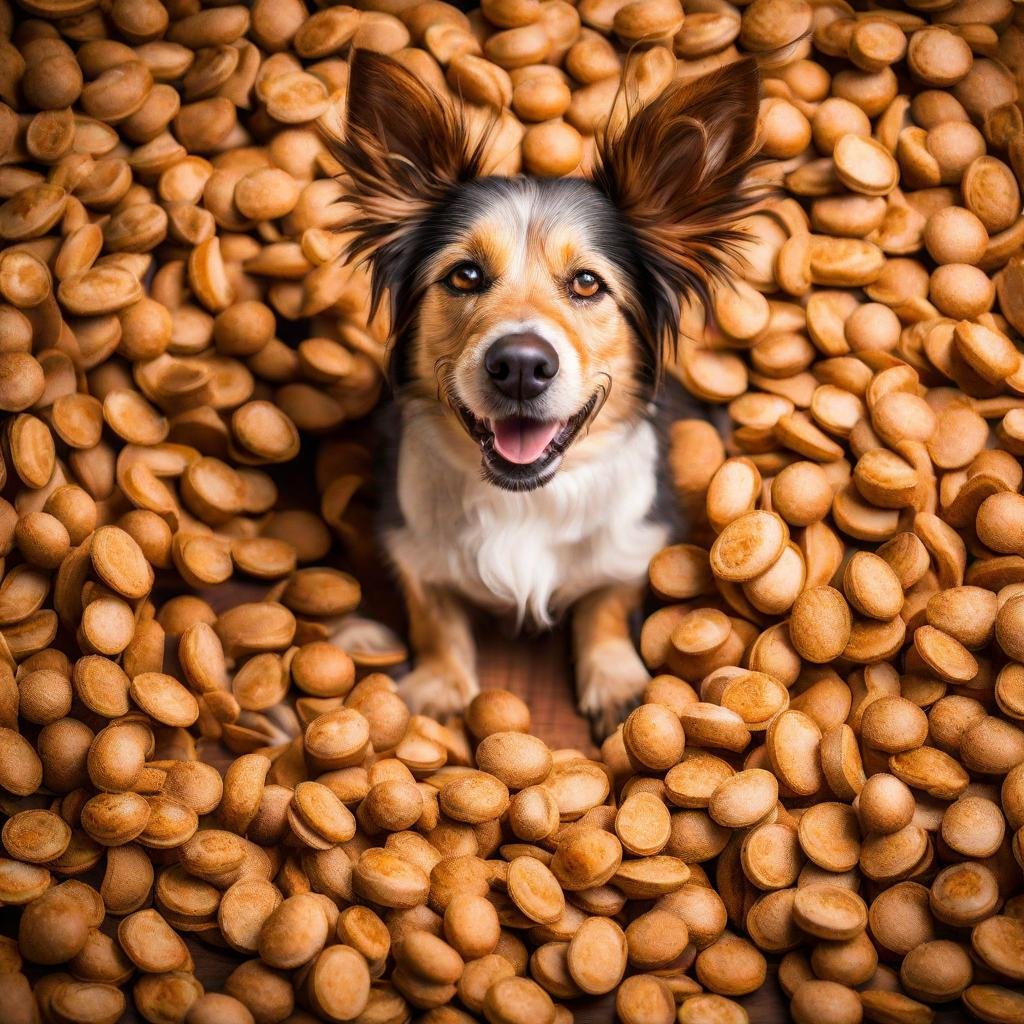
“Positive Solutions: Training Tips and What to Put in Dog Food to Stop Eating Poop”
In the intricate dance of dog ownership, behavioral training emerges as a beacon of hope—a guiding light illuminating the path to harmony and understanding between pet and parent. As we navigate the peculiar world of coprophagia, where dogs indulge in the unsavory act of poop consumption, behavioral training emerges as a powerful tool in our arsenal.
But what role does nutrition play in shaping our furry companions’ behavior? Surprisingly, it holds the key to unlocking a world of possibilities. By understanding what to put in dog food to stop eating poop, we embark on a journey of transformation—one where every meal becomes an opportunity to foster healthier habits and curb undesirable behaviors.
Through the lens of behavioral training, we delve into the intricacies of canine psychology, unraveling the mysteries of motivation and reinforcement. From positive reinforcement techniques to structured routines, we equip ourselves with the tools needed to guide our furry friends toward more desirable behaviors.
Join us as we embark on a journey of discovery, where the power of positive training and the science of nutrition converge to create a harmonious bond between pet and parent—a bond built on trust, understanding, and the shared pursuit of a poop-free paradise.
## 6 of 7 ## Environmental Management :
“Paws Off Poop: Creating a Dog-Friendly Environment and What to Put in Dog Food to Stop Eating Poop”
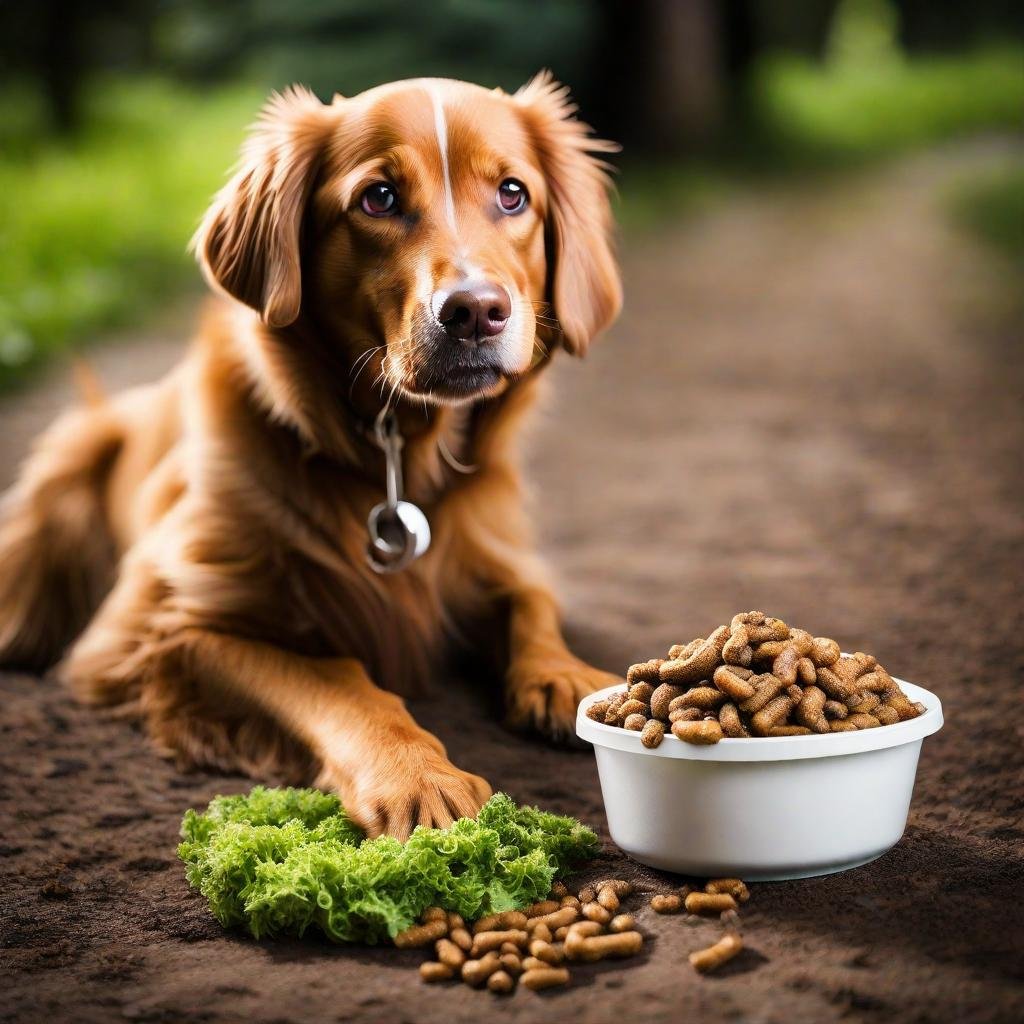
In the delicate ecosystem of our homes, environmental management emerges as a cornerstone of canine care—a testament to our commitment to creating a safe and nurturing space for our furry companions. As we grapple with the perplexing phenomenon of coprophagia, where dogs succumb to the allure of fecal feasts, environmental management takes center stage as a powerful tool in our arsenal.
But what role does nutrition play in shaping our canine companions’ behavior within their environment? The answer lies in understanding what to put in dog food to stop eating poop—a delicate balance of ingredients designed to nourish the body and foster healthier habits.
Through the lens of environmental management, we embark on a journey of transformation—a journey where every nook and cranny of our homes becomes a sanctuary of wellness and wellbeing. From diligent yard maintenance to strategic placement of waste bins, every decision we make is a step towards a poop-free paradise for our beloved dogs.
Join us as we explore the art of environmental stewardship, uncovering the secrets to creating a dog-friendly haven where curiosity thrives, and coprophagia becomes a thing of the past.
## 7 of 7 ## Consulting a Veterinarian :
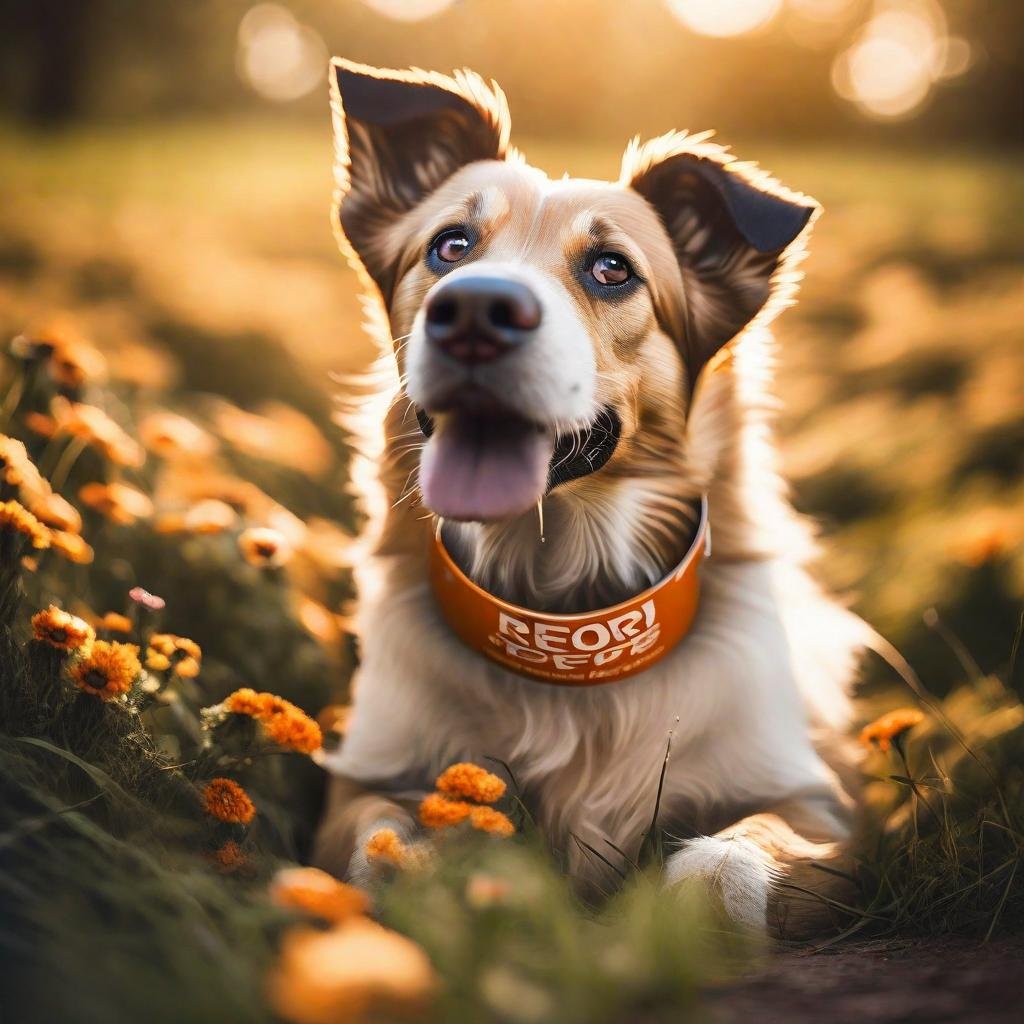
“Guidance from the Experts: Consulting a Veterinarian and What to Put in Dog Food to Stop Eating Poop”
In the labyrinth of pet care, veterinarians stand as beacons of knowledge and compassion—trusted allies in our quest to ensure the health and happiness of our furry companions. As we confront the perplexing puzzle of coprophagia, where dogs engage in the unsettling habit of poop consumption, the guidance of a veterinarian becomes invaluable.
But what insights can these experts offer regarding the role of nutrition in curbing poop-eating behaviors? It’s here that the importance of understanding what to put in dog food to stop eating poop comes into sharp focus—a crucial aspect of the conversation that veterinarians are uniquely positioned to address.
Beyond mere dietary recommendations, veterinarians possess the expertise to delve into the underlying health issues and behavioral nuances that may contribute to coprophagia. From identifying potential nutritional deficiencies to unraveling the intricate web of behavioral triggers, their insights pave the way for tailored solutions and holistic care.
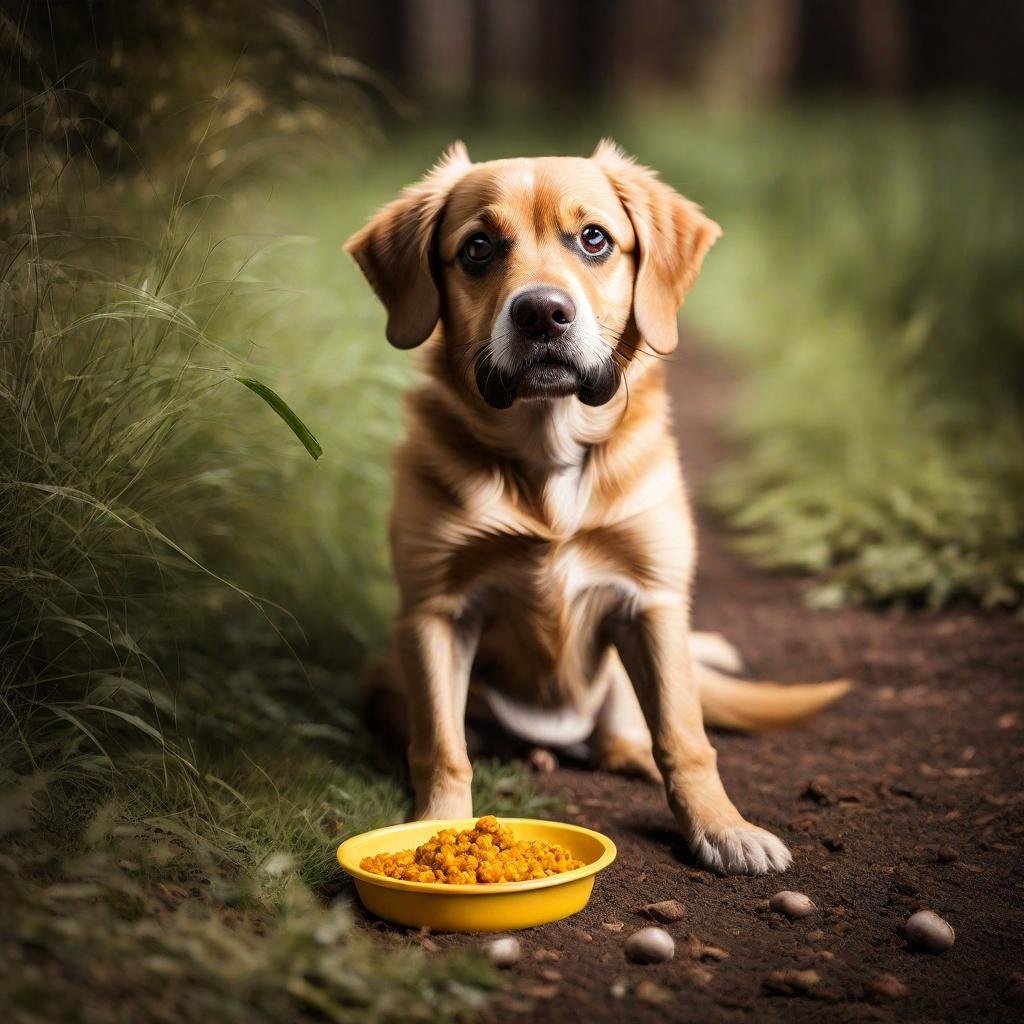
So, let us heed the call to seek guidance from these esteemed professionals, recognizing that our dogs’ well-being is best safeguarded through collaborative efforts and informed decision-making. Together, with the expertise of veterinarians and a deeper understanding of canine nutrition, we embark on a journey towards a brighter, healthier future for our beloved companions.
Conclusion :
In the tapestry of pet care, the quest to unravel the mysteries of coprophagia has led us on a journey of discovery—one marked by curiosity, compassion, and a steadfast commitment to the well-being of our furry companions. As we draw the curtain on this exploration, one truth shines through with unwavering clarity: the power of what to put in dog food to stop eating poop cannot be overstated.
From the tantalizing allure of natural remedies to the transformative potential of behavioral training, we’ve witnessed the myriad ways in which nutrition plays a pivotal role in shaping our dogs’ habits and health outcomes. Through careful consideration and informed decision-making, we’ve forged a path toward a poop-free paradise—one where every meal becomes a beacon of nourishment and every interaction a testament to the bond we share with our pets.

As we bid adieu to this chapter of inquiry, let us carry forth the lessons learned and the insights gained, embracing a future where wellness and vitality reign supreme. Together, armed with knowledge and compassion, we embark on a journey of endless possibilities—a journey where the power to shape our dogs’ destinies lies within our hands and hearts.
May our shared endeavors to understand and address coprophagia serve as a testament to the unwavering dedication we hold for our beloved companions. Let us not falter in our pursuit of solutions, but rather, let us be emboldened by the resilience of the human-canine bond and the boundless potential it holds.
As we part ways, let us carry forward a newfound sense of empowerment—a recognition that each decision we make, from the ingredients we choose to the habits we nurture, has the power to shape the trajectory of our dogs’ lives. And so, let us tread forth with confidence, knowing that by embracing the principles of nutrition, compassion, and collaboration, we pave the way for a brighter, healthier future for all.
In closing, let us remain steadfast in our commitment to the well-being of our furry friends, for in their joy, we find our purpose, and in their companionship, we find our greatest treasures. Together, let us continue to champion the cause of canine health and happiness, one meal, one moment, at a time.
Farewell, dear reader, and may your journey be filled with wagging tails, slobbery kisses, and endless moments of shared joy.
you can read this post Dog Food For Allergies
“Decoding Digestion: Key Ingredients to Halt Poop Eating Habits” Induction to what to put in dog food to stop eating poop : Have you ever found yourself perplexed by your furry friend’s seemingly inexplicable habit of dining on their own waste? Fear not, for you’re not alone in the quest to decode this curious canine…
You might be interested in reading this post as well https://tomeshnews.co.in/gravy-train-dog-food/
Can certain dog breeds be more prone to coprophagia than others?
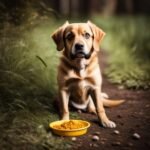
While coprophagia can occur in dogs of any breed, certain breeds may display a higher propensity for this behavior. Factors such as genetics, environmental influences, and individual temperament can contribute to variations in coprophagic tendencies among different breeds.
Is coprophagia more common in puppies than in adult dogs?
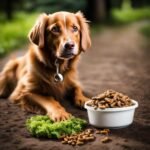
Coprophagia can occur in both puppies and adult dogs, but it may be more prevalent during puppyhood due to exploration and teething behaviors. However, coprophagic habits can persist into adulthood if not addressed early on through proper training and management techniques
Can coprophagia be a sign of an underlying health issue?
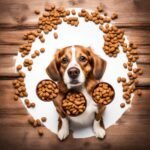
In some cases, coprophagia may be indicative of underlying health issues such as malabsorption disorders, pancreatic insufficiency, or parasites. It’s important to consult with a veterinarian to rule out any potential medical causes if coprophagia persists despite behavioral interventions.
Are there any risks associated with using deterrent additives in dog food to prevent coprophagia?

While deterrent additives may help discourage coprophagic behavior, it’s essential to use them cautiously and under the guidance of a veterinarian. Some additives may alter the taste or composition of feces, but they should be used judiciously to avoid potential adverse effects on overall health and digestion.
Can coprophagia be attributed to psychological factors in dogs?

Yes, coprophagia can sometimes stem from psychological factors such as anxiety, stress, boredom, or attention-seeking behavior. Understanding the underlying triggers for coprophagic habits can help address the issue more effectively through behavioral modification techniques and environmental enrichment.
